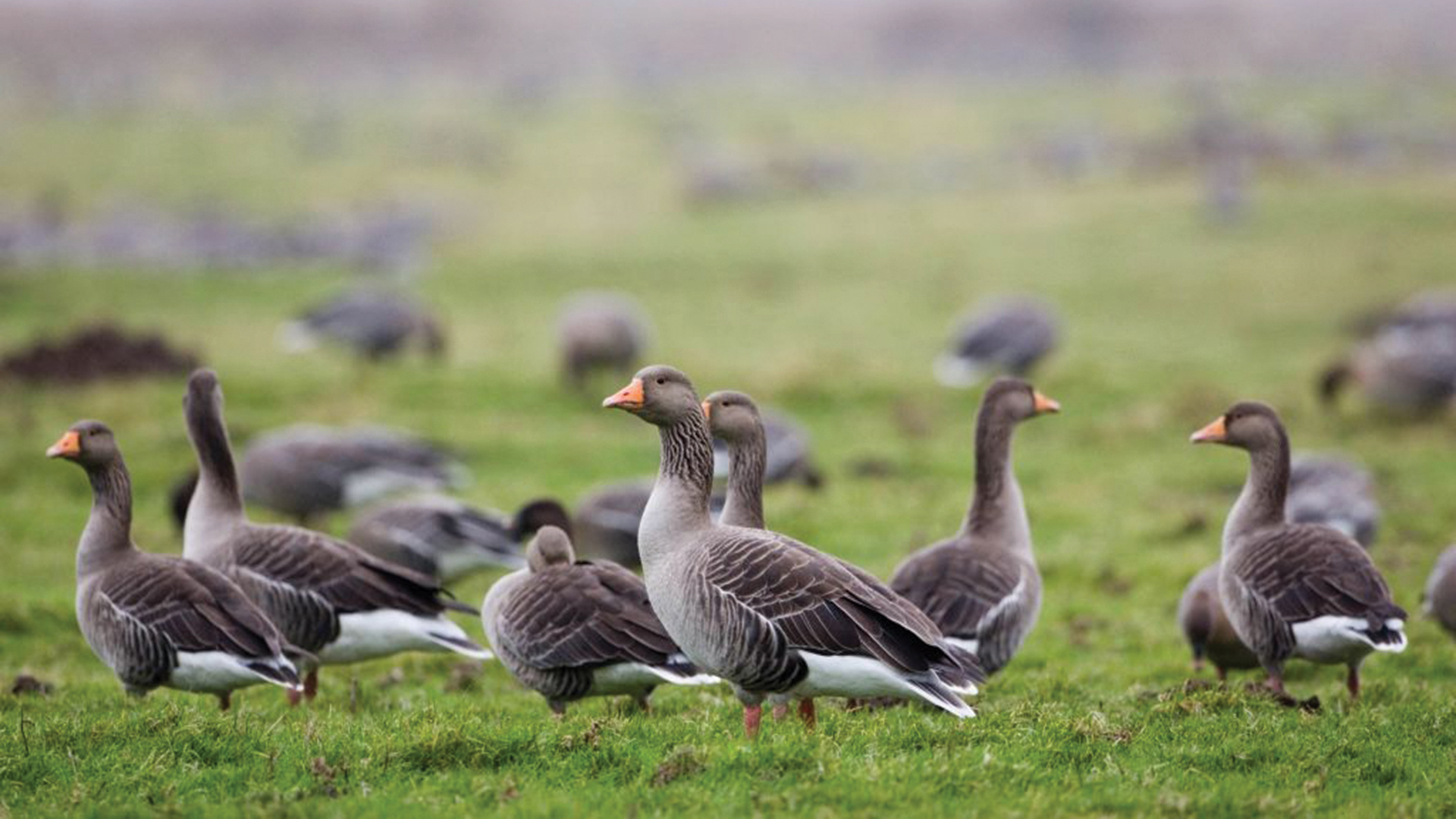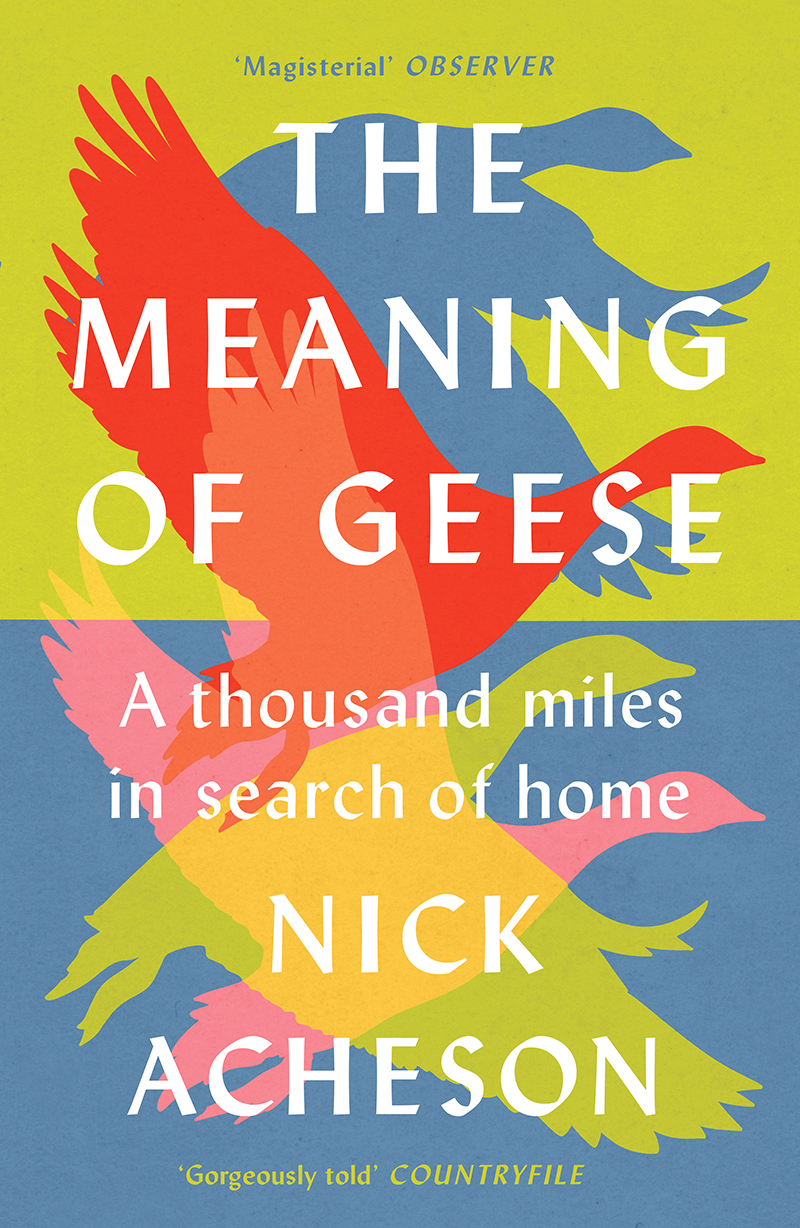I saw the geese today, after six long months without them. Or rather I heard them first, through the twisted pines of Holkham Dunes, their voices bringing thrilling tales of Iceland’s summer: of sweet crowberries in upland tundra; of artful Arctic foxes stealing their eggs and downy chicks; of spilled grain in barley stubbles, fattening them before their great flight south; and of the terrible, blade-winged gyrfalcon which haunts the mountaintops.
Early each autumn, just as the last swifts leave, and naive young swallows gather on the wires outside my window anxious for the southern sun, pink-footed geese come back to Norfolk. Many of them fly a thousand miles in a single day, straight from Iceland to our coast, where they will spend the winter. As they arrive, our eyes and ears and hearts turn heavenwards, to welcome home these wanderers from the Arctic, who fill our Norfolk winters with their drama and their din.
Get the latest news and insight into how the Big Issue magazine is made by signing up for the Inside Big Issue newsletter
For their first few weeks here, pinkfeet stay close to the coast, grazing in marshes meant for cattle or hopping a mile or two inland to feed on cereal shoots in fields yet to be ploughed. Their behaviour changes hugely once our farmers begin to harvest sugar beet. After last year’s brutal, unrelenting summer, the beet was miserly and small, and lifted late. This year, after green weeks of kindly warmth and damp, the beet is fat and will be lifted early. Pinkfeet will spread across the county, feeding where beet is harvested, fattening themselves on what is dropped, hoping to take their small percentage of the crop before it’s ploughed and winter cereals sown.
Throughout late autumn and early winter, pinkfeet can be seen all over north and west Norfolk and in the Broads, wherever beet is harvested. Mostly they feed by day, returning to the coast for dusk. And this is where the greatest spectacles are seen, and heard, and felt. At places around our coast – Wells-next-the-Sea, Holkham National Nature Reserve, RSPB Snettisham and Norfolk Wildlife Trust’s historic Cley and Salthouse Marshes – you can stand at dawn or dusk beneath a tide of geese, belittled by their clamouring flocks, connected – briefly – to an ebb and flow of Arctic migrant life, as our wondering ancestors must have been through generations.
Once a month, though – thanks to the magic of the moon – the geese become nocturnal. Pinkfeet are wary birds, quick to spring in panicked hordes from fields where they sense danger. Under the full moon’s generous light they feed by night – away from human eyes – returning to their coastal roosts by day. Thus are our Norfolk winters measured: in moons and tides and harvests, and in the shrill shouting of the geese. Everyone I know here runs outside to greet them, every time they pass.










